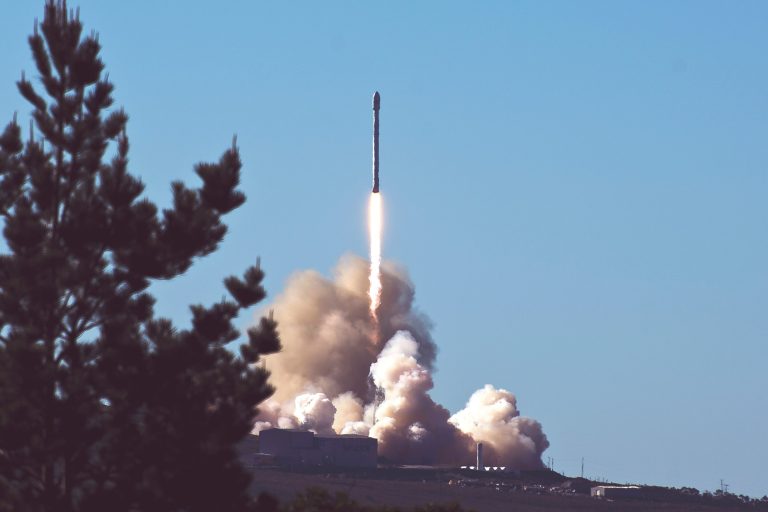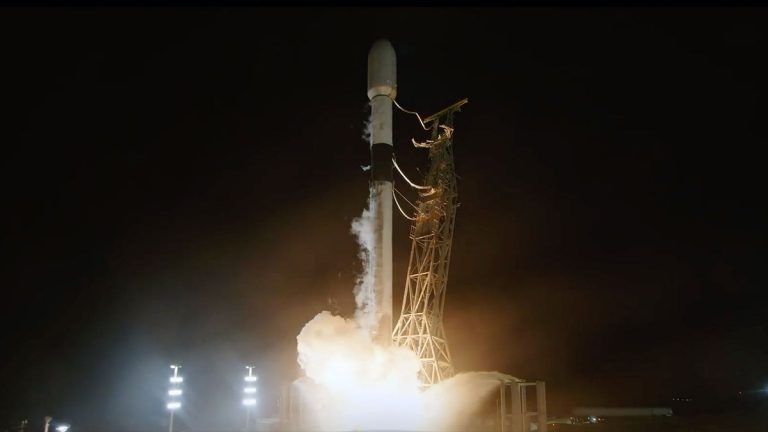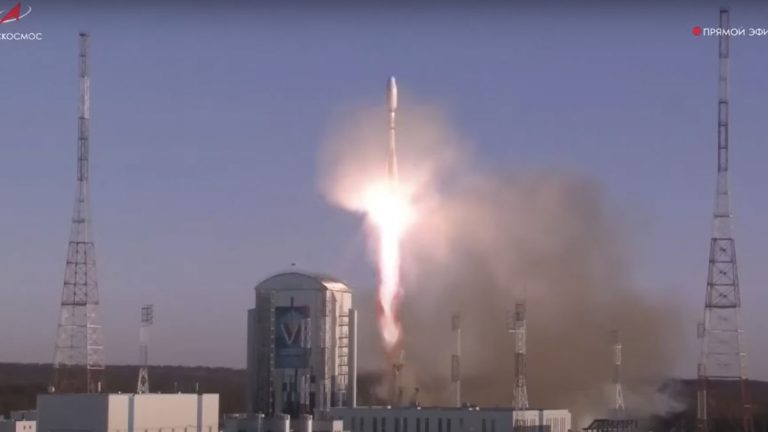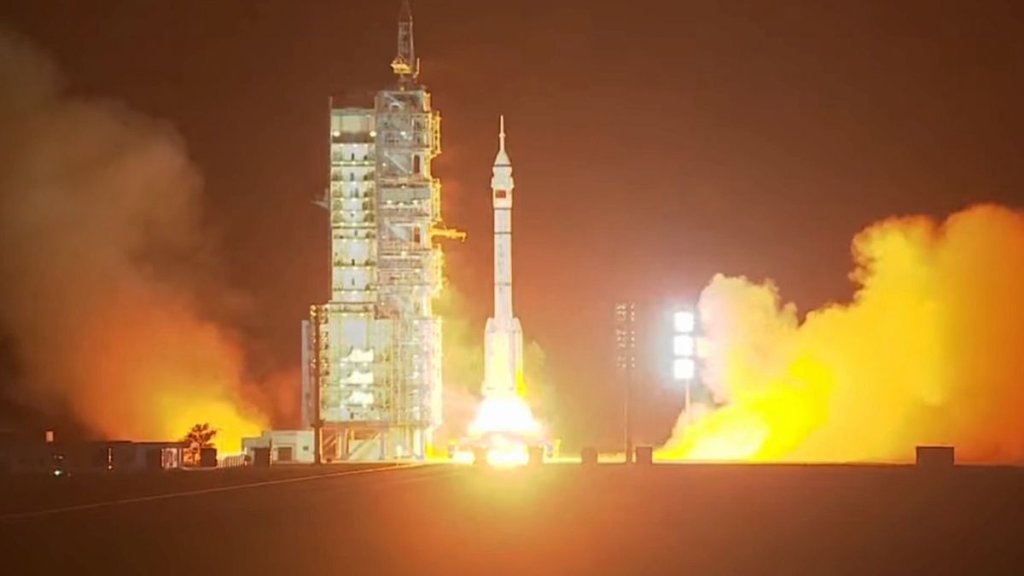
China launches 3 astronauts to Tiangong space station on Shenzhou 18 mission (video) (Image Credit: Space.com)
China has launched its seventh crew to the Tiangong space station.
A Long March 2F rocket lifted off from the Jiuquan Satellite Launch Center in the Gobi Desert today (April 25) at 8:59 a.m. EDT (1259 GMT or 8:59 p.m. Beijing Time). The rocket carried the Shenzhou 18 spacecraft and its three-person crew into orbit.
The Shenzhou spacecraft separated from its launch vehicle 10 minutes into the flight, prompting the China National Space Administration to declare the launch successful.
Related: China’s space station, Tiangong: A complete guide
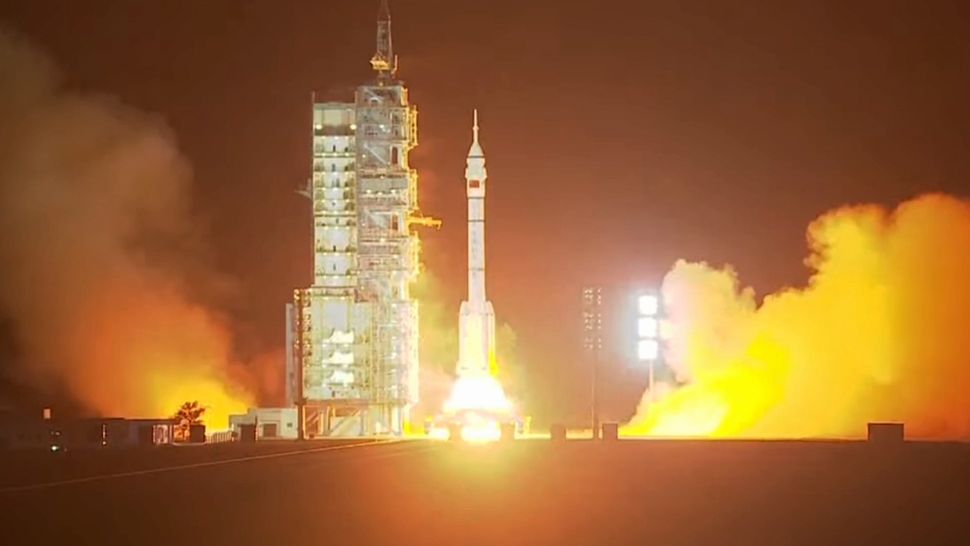
Shenzhou 18 is commanded by Ye Guangfu, 43, who was part of the Shenzhou 13 mission in 2021-2022. Fighter pilots Li Cong, 34, and Li Guangsu, 36, both spaceflight rookies, make up the rest of the crew. The three will spend around six months in space.
“The first spaceflight for me was full of excitement as I fulfilled my dream, along with curiosity and expectation, while this spaceflight is more like a mission — responsibility, test and duty,” Ye said ahead of launch.
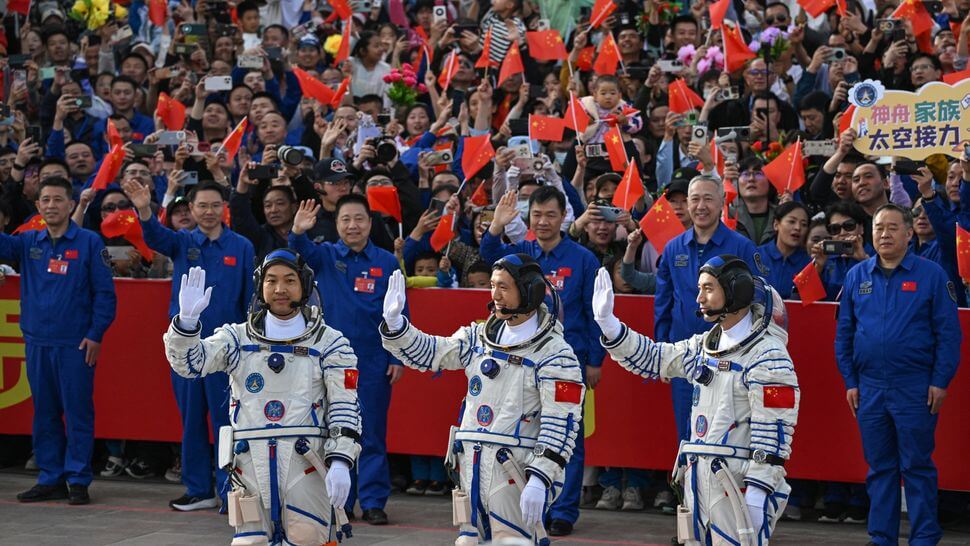
The spacecraft is scheduled to reach the Tiangong space station 6.5 hours after launch. The trio will be greeted aboard the orbital outpost by Tang Hongbo, Tang Shengjie and Jiang Xinlin, who make up the Shenzhou 17 crew. The latter three will soon complete their six months in orbit, handing over control of Tiangong and returning to Earth.
The incoming Shenzhou 18 crew will engage in a range of activities, including extravehicular activities (EVAs), or spacewalks, live science lectures to school children watching back in China, and a series of cargo and science experiments.
“The Shenzhou 18 astronauts will carry out six cargo outbound deliveries via the station’s cargo airlock module and implement two to three extravehicular activities,” Lin Xiqiang, deputy director of the China Manned Space Agency, said during an April 24 press conference that unveiled the Shenzhou 18 crew.
Supplies for the mission were delivered by the robotic Tianzhou 7 cargo spacecraft in January. The crew will welcome Tianzhou 8 to Tiangong around August, with the new spacecraft bringing fresh supplies, equipment and experiments.
Meanwhile, back at Jiuquan, a new Long March 2F — intended to launch the Shenzhou 19 mission late this year — will be kept in a state of near readiness, so it could be prepared for liftoff on short notice as a lifeboat in the event of an emergency.
China began constructing its Tiangong space station in 2021, completing the T-shaped, three-module facility in late 2022. It has been hosting crews of three astronauts for periods of six months at a time ever since.
China intends to keep Tiangong, which is roughly 20% as massive as the International Space Station, permanently occupied for at least a decade. It is considering expanding the space station with new modules and even opening the outpost to commercial activities.


